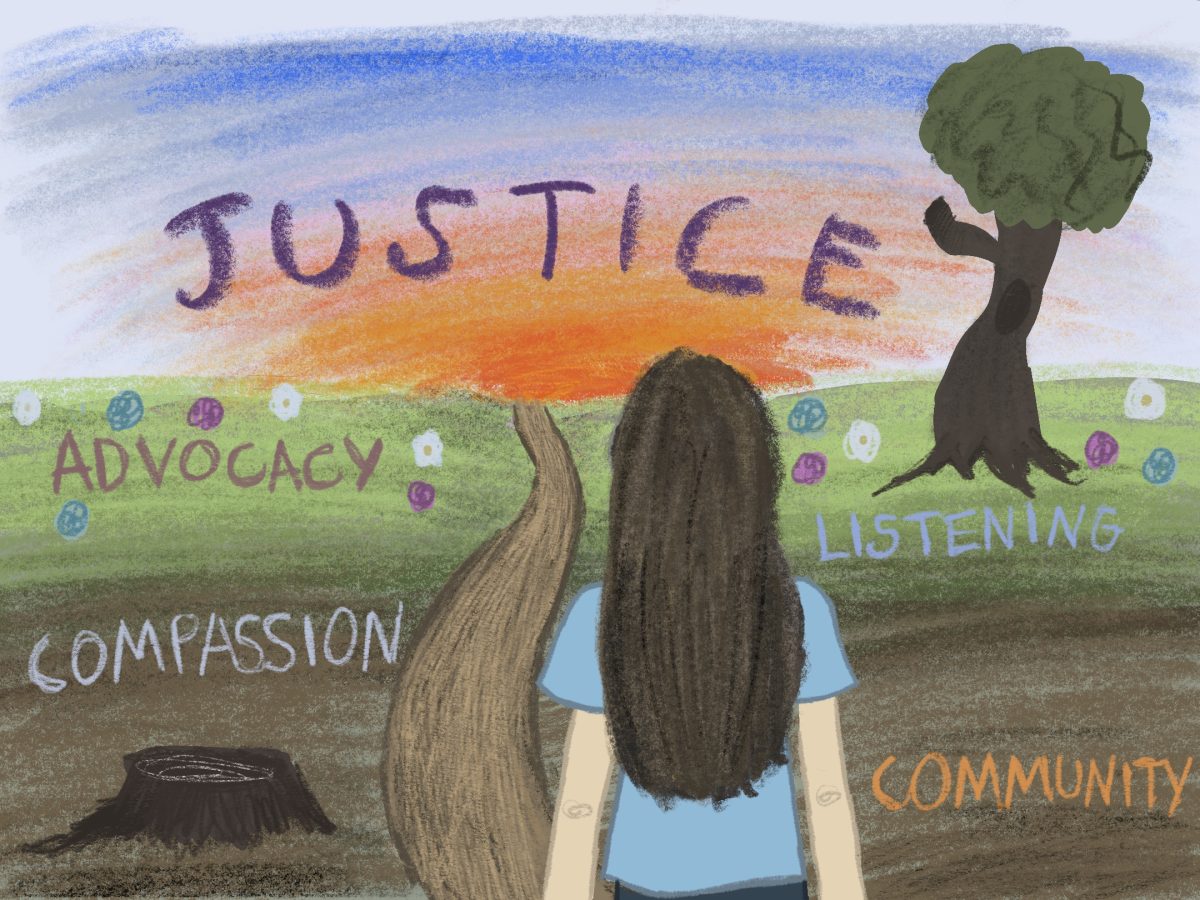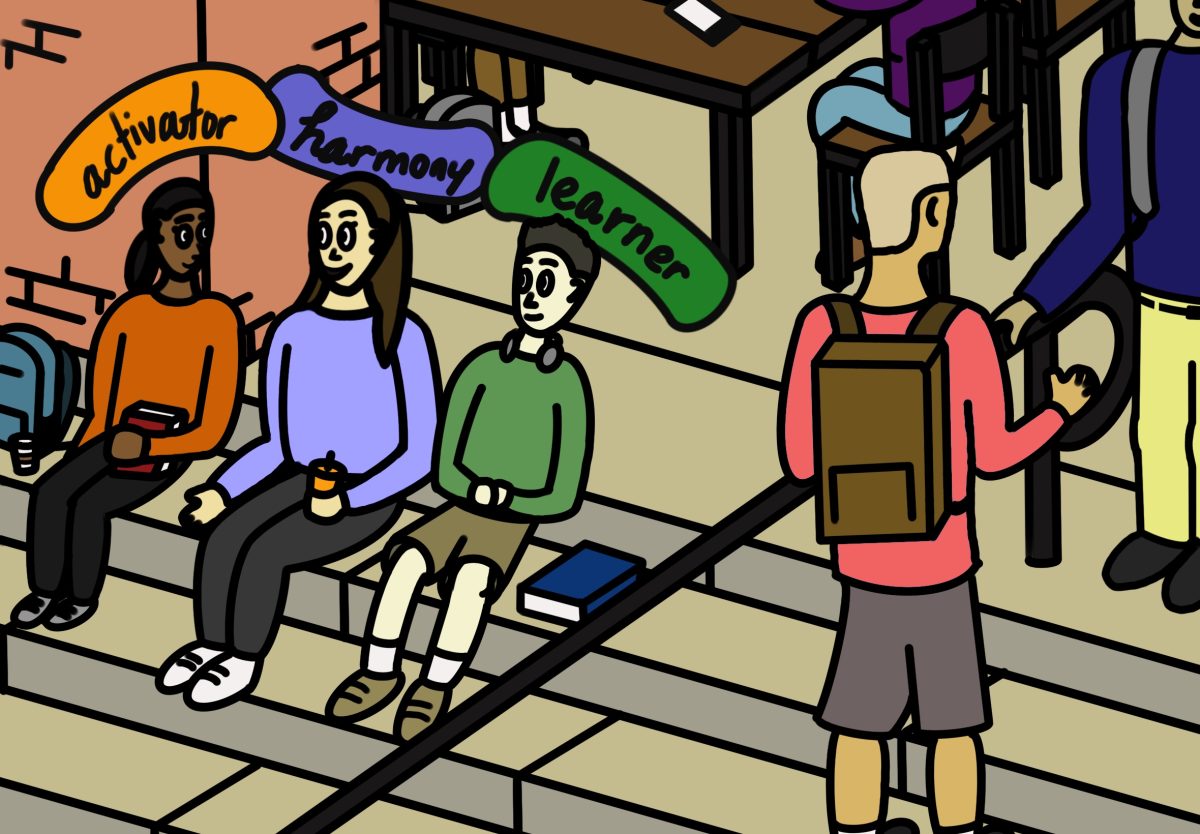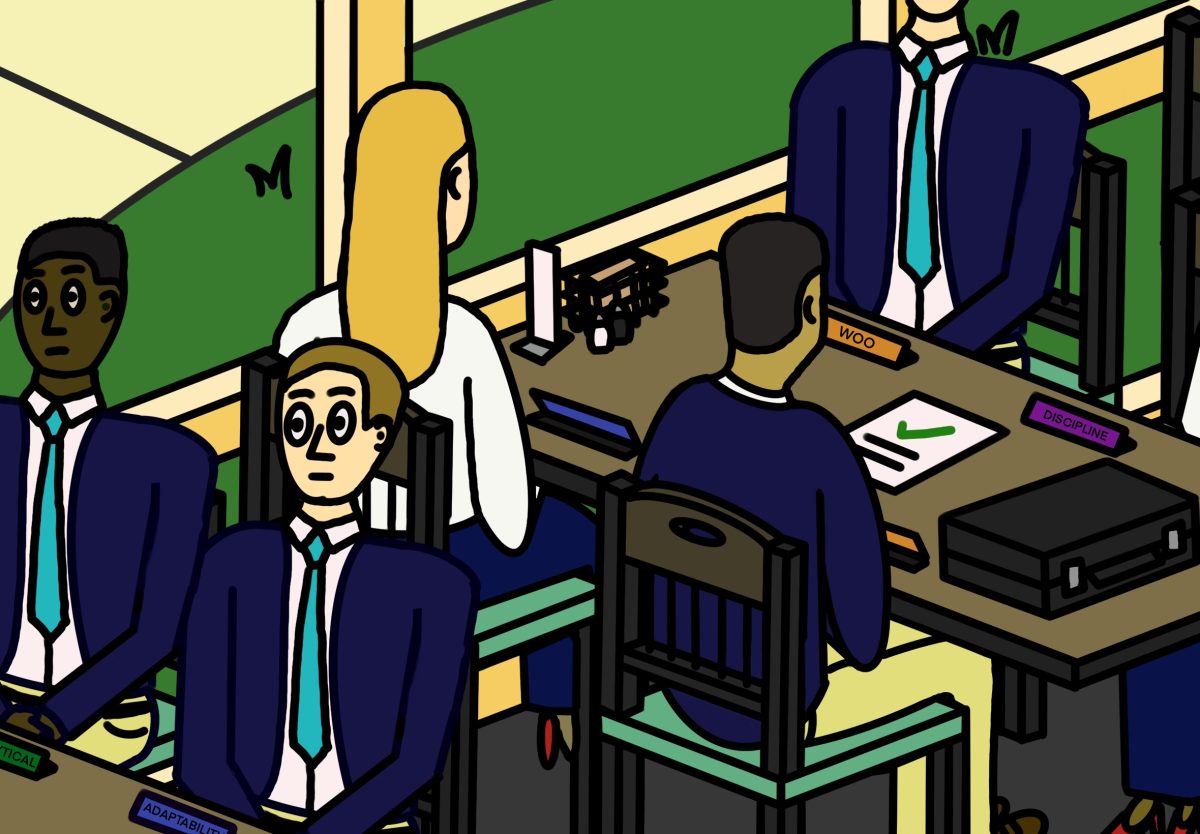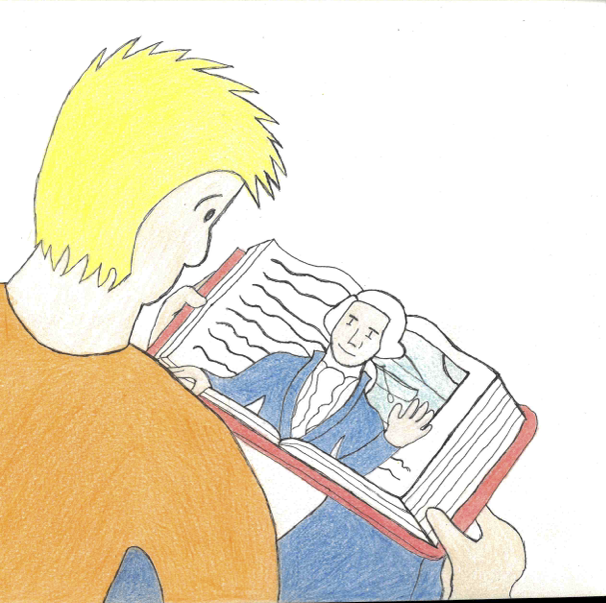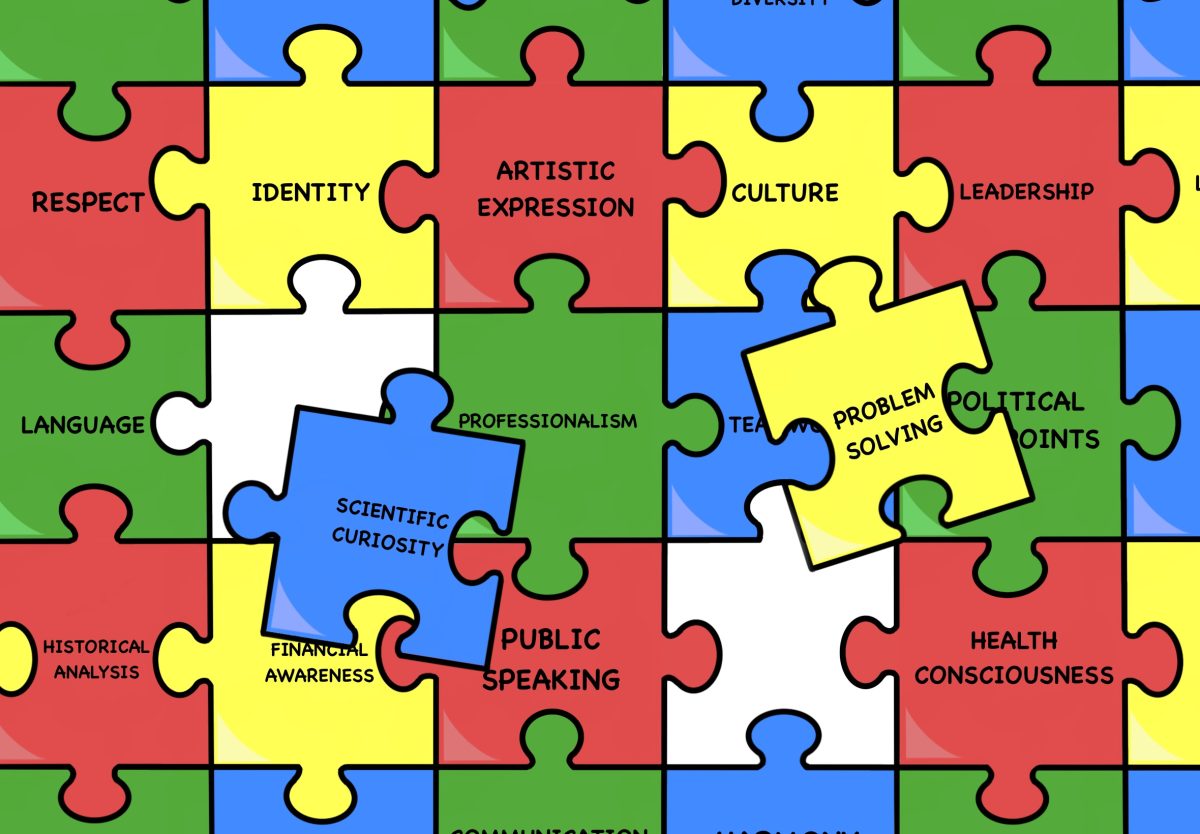Homecoming, if we’re not careful, might slide out of reality.
Sometime in autumn, there’s a ritual action of our ancestors to return to old stomping grounds. Once there, they find their academic successors, who are positively vernal the whole year ‘round. Blood rises, boils, and flows at the football game. A dance follows, a final cathartic performance of emotive devotion.
And at the end of the weekend, the floats are taken down, the alumni leave, the students go back to class. By Monday, it’s business as usual.
Somewhere in the morass of emotion is a wealth of symbolism.
As a mighty release of feeling, there aren’t many campus events that match up with Homecoming. There’s nostalgia for alumni, excitement for students. Our pride ripples and flows in the same faint breeze that sends the odd leaf stumbling across the meticulous lawns.
During the week, we compete under the aegis of charity. A few students cry HAVOC and let slip the dogs of friendly student competition. Phlebotomy abounds in the name of the collective good.
On Saturday, though, all present morph from dove to hawk. We wouldn’t root for Wofford if they were playing al-Qaeda. Campus unity will win out, even if the football team doesn’t.
In short, Homecoming conjures up warm images and warmer memories in the midst of cool physical realities. It’s natural to delight in the sensuality of belonging, of affirmation.
Affirmation is the heart of what we do this weekend, and the emotion we feel as a result cements it.
Call me a contrarian (because I call myself that at least twice a week), but nothing makes me more uncomfortable than unqualified and unquestioned goods. Attempts to not forget are typically attempts that keep us from remembering.
If all we remember about Homecoming is glorious sunlight over glorious vistas, if our traditions are kept fresh with cinnamon and fondness, if the event itself is as inevitable as a crowded library at finals, then what is our history but a series of press releases?
As current students, we do disservices to everyone connected to Furman if we content ourselves with simply not forgetting. Not forgetting is eliding facts. Not forgetting is sanding down rough patches. Not forgetting is giving a précis when only critical analysis will do.
Homecoming is rooted in passion and blind emotion. The study of history is rooted in detachment and impersonal reason. The disconnect is obvious.
Furman has a rich history, and there’s an awful lot that we have to move on from not forgetting. That means actively remembering alumni like Marshall Frady (Class of 1963), who wrote incisively for The Paladin before moving on to a brilliant career as a journalist advocating social justice. (One of his columns is featured below.) It also means actively remembering Marshall “Mark” Sanford (Class of 1983), who will be better remembered for his newsworthy extramarital affair than for his time as governor of South Carolina.
It means actively remembering high points in student actions: Edwin Bridges, Murray Brockman, and Chad Hale (all Class of 1967), wrote progressive and powerful articles in the fall of 1966 protesting Furman’s perceived stagnation. It also means actively remembering low points in student involvement, like the chippy nature of campus political discourse last semester.
The playwright Alan Bennett has written that “there is no period so remote as the recent past.”During most of the academic year, the recent past means the last few years. It is justly difficult to understand the ramifications of President George W. Bush’s commencement address in 2008, or the inauguration of current Furman president Rod Smolla.
But when the alumni return and the current students gear up for Homecoming, even the distant past becomes recent. Our ability to fully understand the past blurs during a week in October. Not forgetting is more tempting during this week than it is any other week.
Part of not forgetting is honoring alumni. I understand that their actions have shaped a university that they have cherished for decades, a university I didn’t know existed five years ago. Homecoming is a time for students present to appreciate students past, but it is the right of current students to analyze their actions. So too will it be the duty of future students to revisit our actions. Reciprocal affection must take a back seat to reciprocal discourse.
Most importantly, Homecoming is a time to remember. It isn’t a time to not forget. Don’t let the allure of unfettered emotion, the pleasure of self-affirmation, or the haze of bygone sunsets distract you from remembering during the time set apart for exactly that purpose.



























